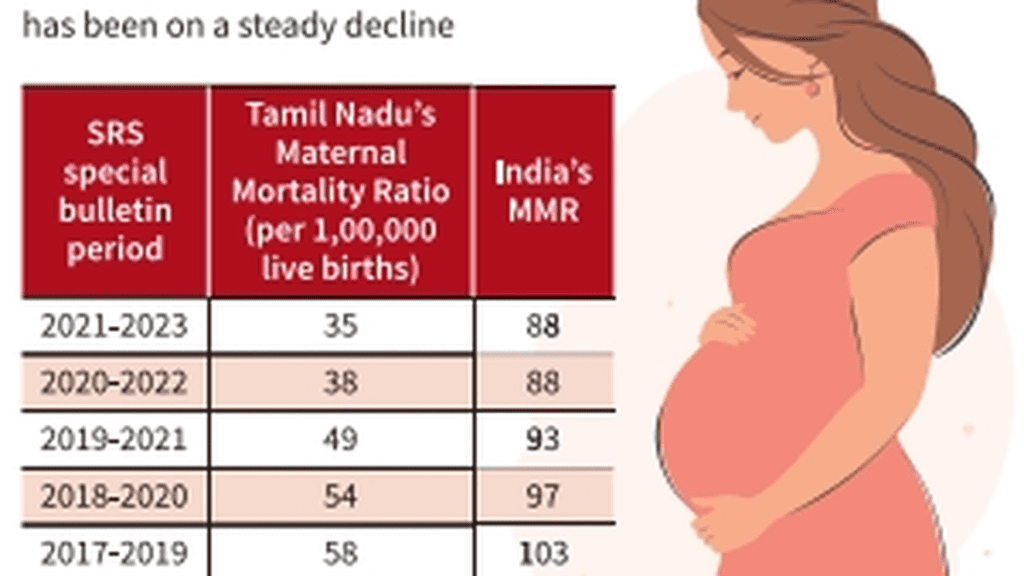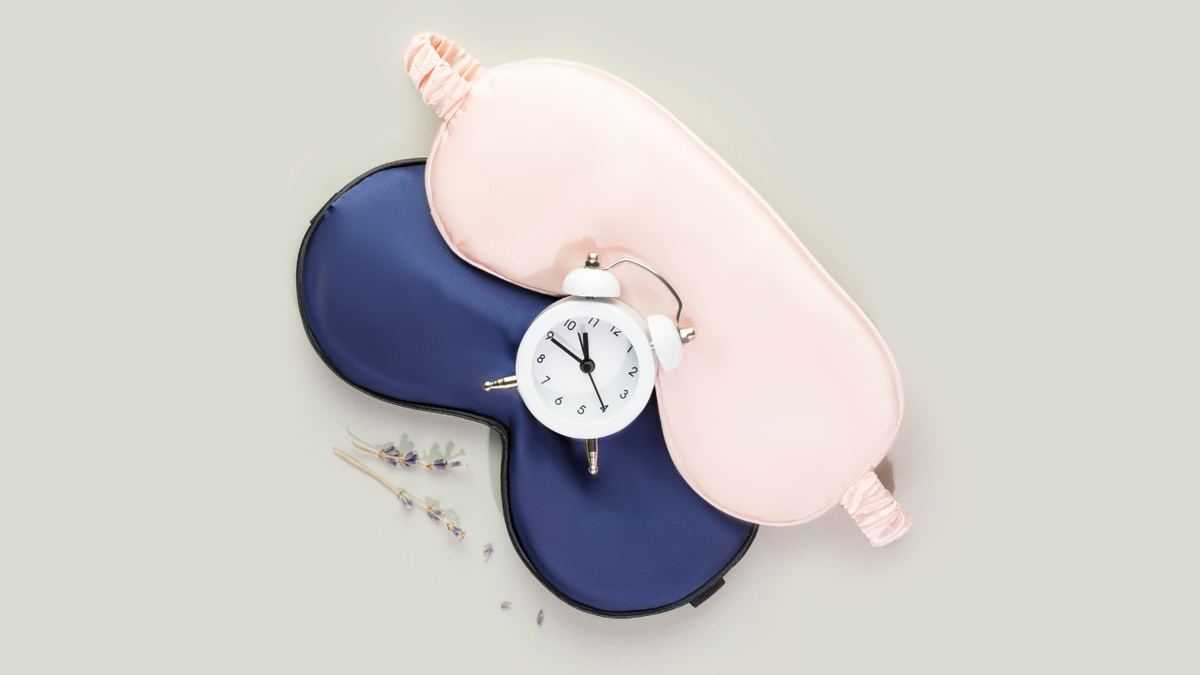The hidden and apparent dangers of spending 70-90 hours every week at work Premium

The hidden and apparent dangers of spending 70-90 hours every week at work Premium
A Pandora’s box has been opened, with recent opinions of a few stalwarts of our multi-national companies recommending that employees work 70 to 90 hours at work every week. What they have ignored are the health implications of undertaking such long hours of work – there are both physical and mental health issues associated with marathon work sessions.
The total number of people working long hours is gradually increasing globally. It stands at 9% worldwide. Obviously it is significantly much higher in India, China and other third world countries. The COVID-19 pandemic has blurred the boundaries of work and home. The health consequences of long working hours depends on the length of working hours, nature of job, socioeconomic strata and the overall health of the individual. Long working hours through the night routinely is even worse than working long hours, studies have shown.
Health impacted deeply
The physical and mental strain of an overworked society starts with acute physiological responses such as fatigue, stress, depression, impaired sleep and unhealthy lifestyle changes in response to stress. Epidemiological studies have shown the negative effects of long working hours on the risks of cardiovascular diseases and strokes.
A U-shaped relationship between the risk of suffering from heart attacks and working hours has been well documented among Japanese workers. Those working less than 7 hours or more than 11 hours per day were at greatest risk of experiencing heart attacks than those working between 7-11 hours. There are also several peer reviewed articles published from Europe, Japan, Korea and China documenting increased risk of cardiovascular diseases, myocardial infarction and coronary artery disease in people who work more than 50 hours a week.
On the other side, it might not even truly help increase productivity – research from the Stanford economist John Pencavel documents that productivity per hour declines sharply when a person works more than 50 hours a week. After 55 hours, the decline is steep. Countries with long working hours like Greece and Mexico, essentially do not have higher GDPs per capita compared to countries with shorter working hours like Germany and Norway.
Non communicable diseaes
Long work hours and work-related stress leads to increased risk of suffering from elevated systolic blood pressure. In contrast a Norwegian study documents decreased incidence of hypertension in people working around 8 hours a day. Diabetes is also a very high risk factor associated with long work hours. People tend to sit at their work desks for hours together. As we know “Sitting is the New Smoking”, longer hours leads to poor mobility, fewer steps taken every day, lesser time for people to exercise or go for walks even if they want to.
Working long hours leads to extremely poor eating habits as well. The timing of food becomes extremely erratic. The quality of food becomes very unbalanced, with food rich in carbs and fat with scarce proteins. Stress eating is a well-known concept. To add to the complexity is the IT culture of pampering workforce with late night pizzas and biryanis with sugar rich fizzy drinks to extract work targeting deadlines.
Mental health issues related to long work hours is a problem frequently being overlooked by corporates, or at least, it is not adequately addressed. In India it is well known that help or attention seeking behaviour for mental health issues, fearing the stigma associated with it, is very poor. There are plenty of Japanese studies which document the sharp increase in incidence of depression when the work hours exceed 60 hours per week. In contrast workers who slog between 40-52 work hour weeks had a decreased risk of suffering from depression and anxiety. Female workers have a higher risk of experiencing depression and anxiety than male workers with the same number of hours spent at work. In countries where women have to shoulder the entire house hold chores apart from the work at office, it takes a huge toll on them.
Sleep and fertility
Every individual needs 7-8 hours of peaceful sleep a day. Lack of sleep is a huge health hazard of its own and needs much more attention than it is currently getting. With an increasing work burden, not only does the duration of sleep get affected, but the quality of sleep is also very poor. Late night heavy dinners after an eventful unhealthy day with poor quality and quantity of sleep is any-day a bomb awaiting to explode.
On top of inadequate sleep, fatigue and stress related health issues, increased work hours lead to binge drinking in both men and women over the weekends, as part of their perceived winding down activity. Unfortunately, that merely adds more fuel to the fire.
Long working hours in women can take a toll on their fertility as well. Obesity, unhealthy diet and lack of exercises leads to increased incidence of Poly Cystic Ovarian Disease (PCOD), delayed and increased cases of assisted pregnancies. All these are closely related to work-related stress. Work-related stress can also dull the sex drive and contribute to a high incidence of gestattional diabetes, or high blood sugar levels during pregnancy, consequently leading to the birth of premature or low weight babies.
“Working 55 hours or more per week is a serious health hazard” says Maria Neira, Director, Department of Environment, Climate Change and Health of WHO. It is high time that all of us – governments, employees as well as employers wake up to the fact that long working hours can lead to premature death.
No job is worth the risk of heart disease or stroke. In his book “Utopia for Realists”, Rutger Bergman argues that shorter work weeks actually improve output and quality of work. He statistically proves that quality of work and output decreases drastically after work weeks cross 50 hours.
As far as India is concerned, we’re already worried about the very high prevalence of young diabetics, hypertensive and heart disease patients. Long working hours will accentuate the issue with increased stress, push fertility rates down further, lead to poor dietary habits, a sedentary life and decreased life-expectancy. All this will take us to a point of no return. It’s imperative that we prioritise 45-50-hour work weeks for a healthy life-style and create a good work life balance.
(Dr. Anbarasu Mohanraj is Director & Clinical Lead, Cardiac Surgery, Kauvery Hospital, Vadapalani. Chennai. anbarasu.mohanraj@gmail.com)










